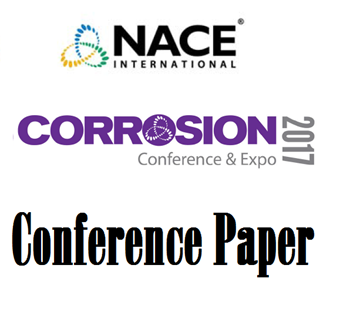Search
Products tagged with 'probabilistic'
View as
Sort by
Display
per page
51317--9510-Towards an Effective Corroded Pipelines Integrity Analysis
Product Number:
51317--9510-SG
ISBN:
9510 2017 CP
Publication Date:
2017
$20.00
Reliability Methods for Fracture Verification of Pipelines Subject to Lateral Buckling
Product Number:
MPWT19-15030
Publication Date:
2019
$0.00


